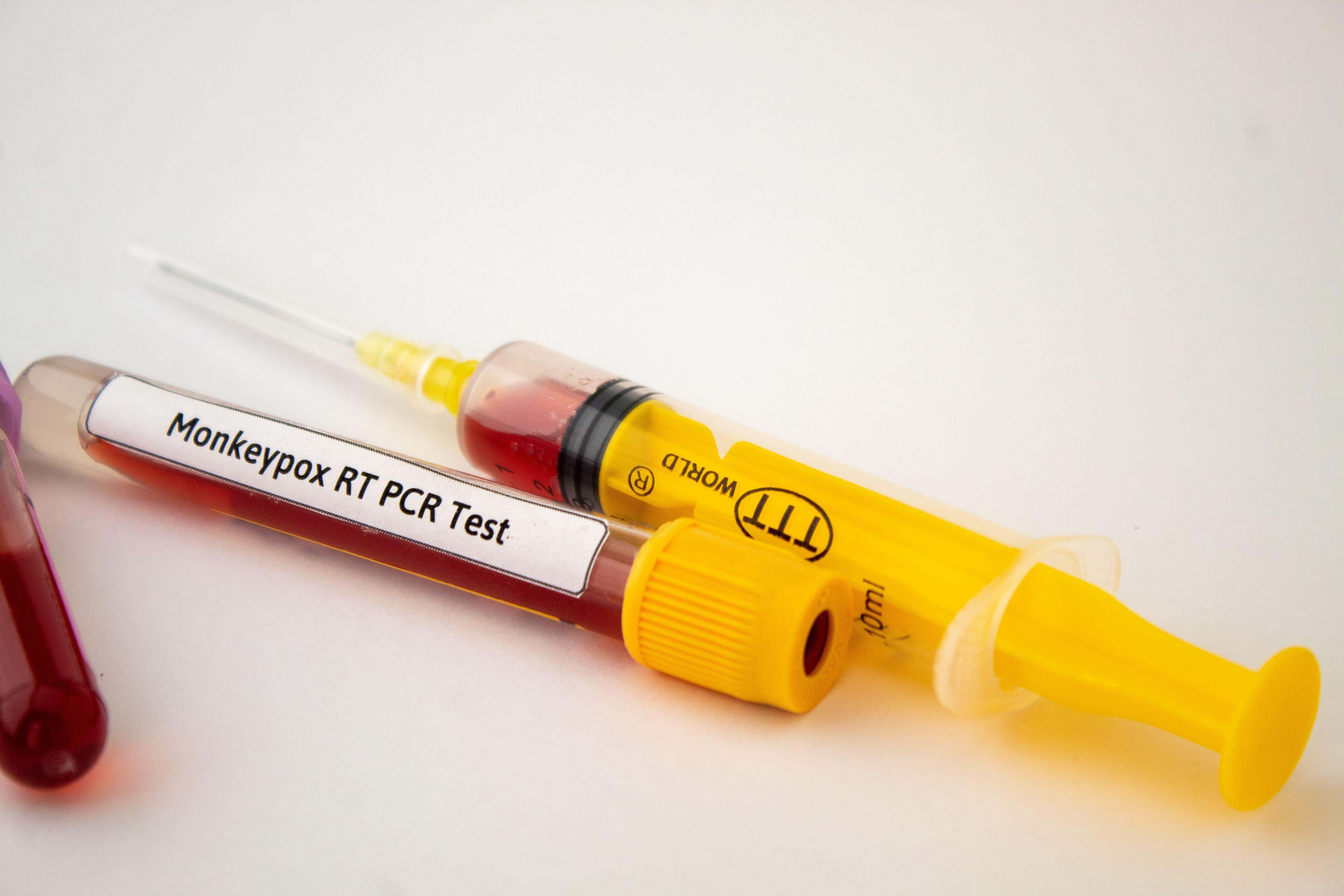New UK research consortium given £2m to tackle monkeypox
A team of 25 researchers from 12 institutions will study the virus and develop tests to identify and manage the disease.

Your support helps us to tell the story
From reproductive rights to climate change to Big Tech, The Independent is on the ground when the story is developing. Whether it's investigating the financials of Elon Musk's pro-Trump PAC or producing our latest documentary, 'The A Word', which shines a light on the American women fighting for reproductive rights, we know how important it is to parse out the facts from the messaging.
At such a critical moment in US history, we need reporters on the ground. Your donation allows us to keep sending journalists to speak to both sides of the story.
The Independent is trusted by Americans across the entire political spectrum. And unlike many other quality news outlets, we choose not to lock Americans out of our reporting and analysis with paywalls. We believe quality journalism should be available to everyone, paid for by those who can afford it.
Your support makes all the difference.Scientists have been given £2 million to help tackle the global monkeypox outbreak with the creation of a new consortium.
A team of 25 researchers from 12 institutions will study the virus, look into the effectiveness of the smallpox vaccine – which is being used to protect against monkeypox, and develop tests to identify and manage the disease.
Professor Bryan Charleston, co-lead from The Pirbright Institute, which is a member of the consortium, said: “The implications of the current monkeypox outbreak are huge.
“As well as tackling the current outbreak, we also need to be fully prepared for the next outbreak, because worldwide there’s a huge reservoir of infection.
“One of the key ways we can do this is to develop rapid tests, which are very important to help clinicians on the front line to manage the disease.”
Led by The Pirbright Institute and the MRC-University of Glasgow Centre for Virus Research, the consortium will also screen potential drugs and determine which ones could be used for further testing.
Monkeypox is a public health challenge, so taking decisive, collective action to better understand this virus is paramount
The experts will also look at identifying animal reservoirs and potential spill-over routes of transmission between animals and humans.
To see how effective the smallpox vaccine is in preventing or reducing the severity of monkeypox, the researchers will track immune responses after primary and secondary vaccination.
Professor Massimo Palmarini, co-lead from the MRC-University of Glasgow Centre for Virus Research, said: “Monkeypox is a public health challenge, so taking decisive, collective action to better understand this virus is paramount.
“By bringing together research expertise in different areas, we will harness the UK’s world-leading knowledge to learn more about how the virus works and spreads and provide the foundations for the development of potential new treatments.”
There have been more than 3,500 confirmed cases of monkeypox since May – although new case numbers are currently falling.
According to the World Health Organisation (WHO), the virus has spread to 106 countries and territories with 25 confirmed deaths.
The monkeypox virus outbreak originated in West Africa and cases outside this area were first identified in May 2022.